WHAT IS YALI?
The Young African Leaders Initiative (YALI) is the U.S. government’s signature effort to invest in the next generation of African leaders. Nearly 1 in 3 Africans are between the ages of 10 and 24, and approximately 60 percent of Africa’s total population is below the age of 35. YALI was launched in 2010 to support young African leaders as they spur growth and prosperity, strengthen democratic governance, and enhance peace and security across sub-Saharan Africa.
MANDELA WASHINGTON FELLOWSHIP
The Mandela Washington Fellowship for Young African Leaders is the flagship program of the U.S. Government’s Young African Leaders Initiative (YALI). Since 2014, nearly 5,100 young leaders from every country in Sub-Saharan Africa have participated in the Fellowship. The Fellows, between the ages of 25 and 35, are accomplished leaders and have established records of promoting innovation and positive impact in their communities and countries. In 2022, the Fellowship will provide 700 outstanding young leaders from Sub-Saharan Africa with the opportunity to hone their skills at a U.S. college or university with support for professional development after they return home.
The Mandela Washington Fellowship for Young African Leaders is the flagship program of the U.S. Government’s Young African Leaders Initiative (YALI). YALI was created in 2010 and celebrated its 10th anniversary in 2020. Established in 2014, the Mandela Washington Fellowship has brought nearly 5,100 young leaders from every country in Sub-Saharan Africa to the United States for academic and leadership training. The Fellows, between the ages of 25 and 35, are accomplished innovators and leaders in their communities and countries.
Fellowship Overview
The Mandela Washington Fellowship for Young African Leaders is the flagship program of the U.S. Government’s Young African Leaders Initiative (YALI). Since 2014, nearly 5,100 young leaders from every country in Sub-Saharan Africa have participated in the Fellowship. The Fellows, between the ages of 25 and 35, are accomplished leaders and have established records of promoting innovation and positive impact in their communities and countries.
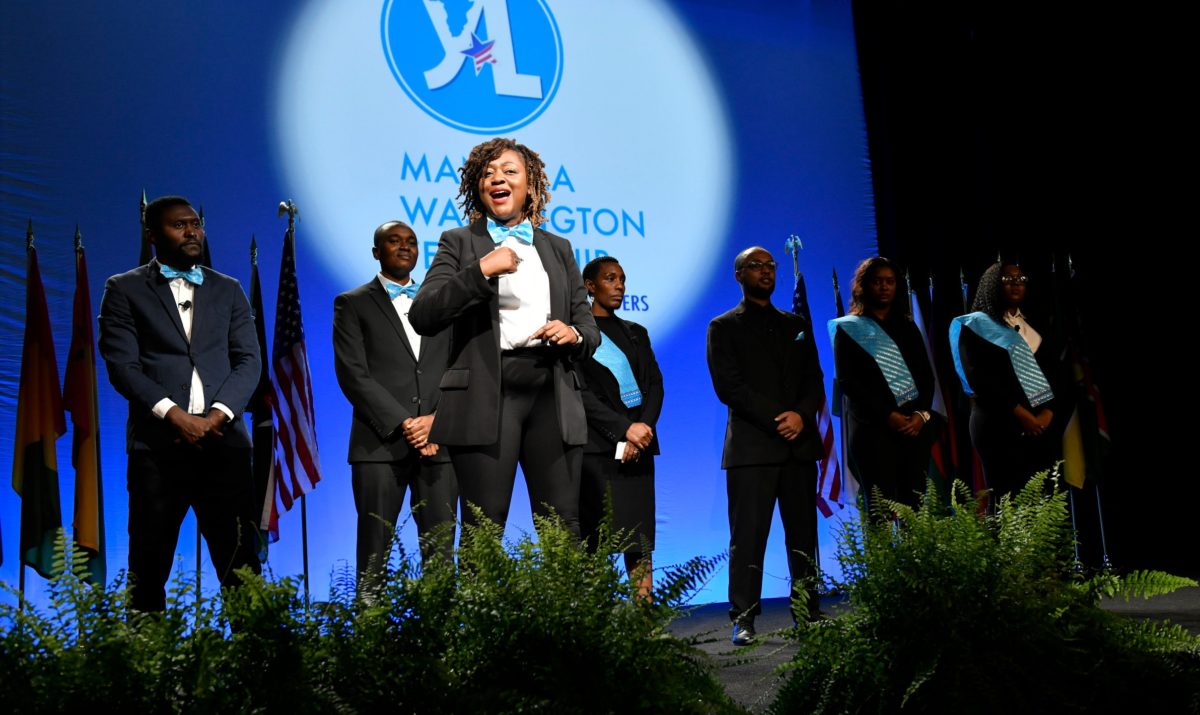
Fellowship Components
Leadership Institutes
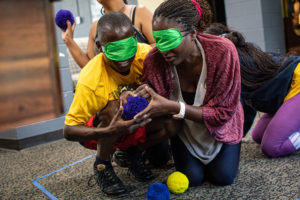
During the Fellowship, the Fellows participate in six-week Leadership Institutes, studying Business, Civic Engagement, or Public Management hosted by U.S. colleges or universities. Throughout the Institutes, Fellows enrich local U.S. communities while sharing best practices. Learn more about Leadership Institutes.
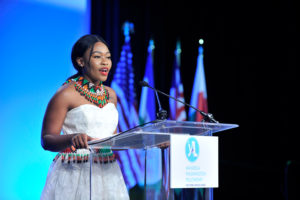
Mandela Washington Fellowship Summit
After the Institutes, Fellows convene for a Summit, where they forge connections with one another and U.S. leaders from the private, public, and non-profit sectors, setting the stage for long-term engagement between the United States and Africa. Learn more about the Summit.
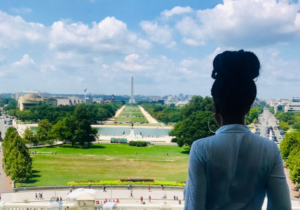
Professional Development Experiences (PDEs)
Up to 100 competitively-selected Fellows work with private, public, and non-profit organizations for six weeks. Both Fellows and Hosts benefit from discussing shared issues and challenges in their sectors, broadening their perspectives, and positioning U.S. organizations for international engagement. Learn more about PDEs.
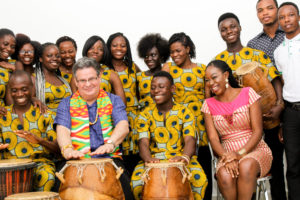
Reciprocal Exchanges
U.S. citizens have the opportunity to apply to travel to Africa to collaborate on projects with Fellows, building upon connections initiated during the program. These partnerships and professional connections are intended to form lasting relationships, expand markets and networks, and increase mutual understanding. Learn more about Reciprocal Exchanges.
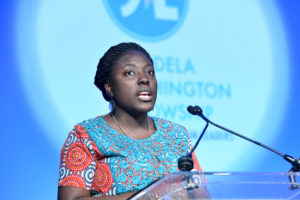
Opportunities for Alumni
Fellowship Alumni continue to build the skills and connections developed during the program through access to ongoing professional development, networking, and collaboration opportunities with support from the U.S. Department of State and affiliated partners. Learn more about opportunities for Alumni.
Virtual Programming
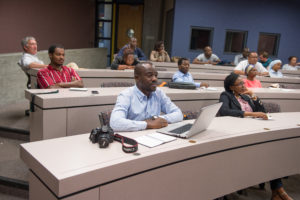
The Fellowship leverages stakeholder expertise to deliver a suite of virtual programming for selected candidates and Fellowship Alumni to support their continued leadership development and strengthen their access to networks and resources. Learn more about Virtual Programming.
